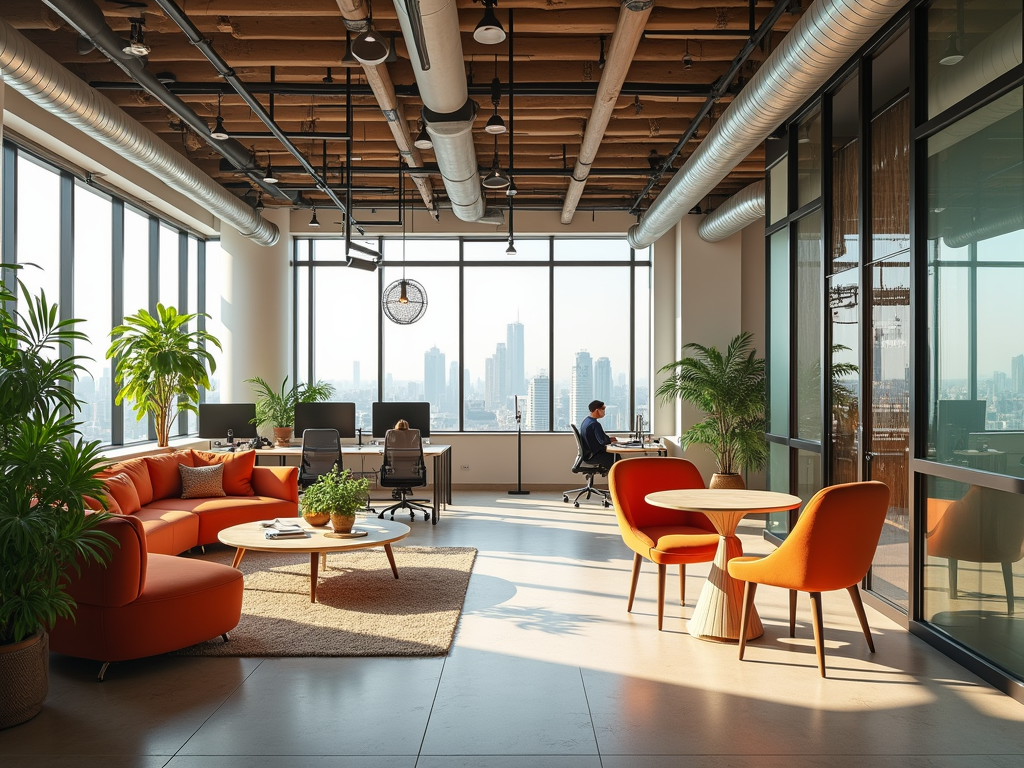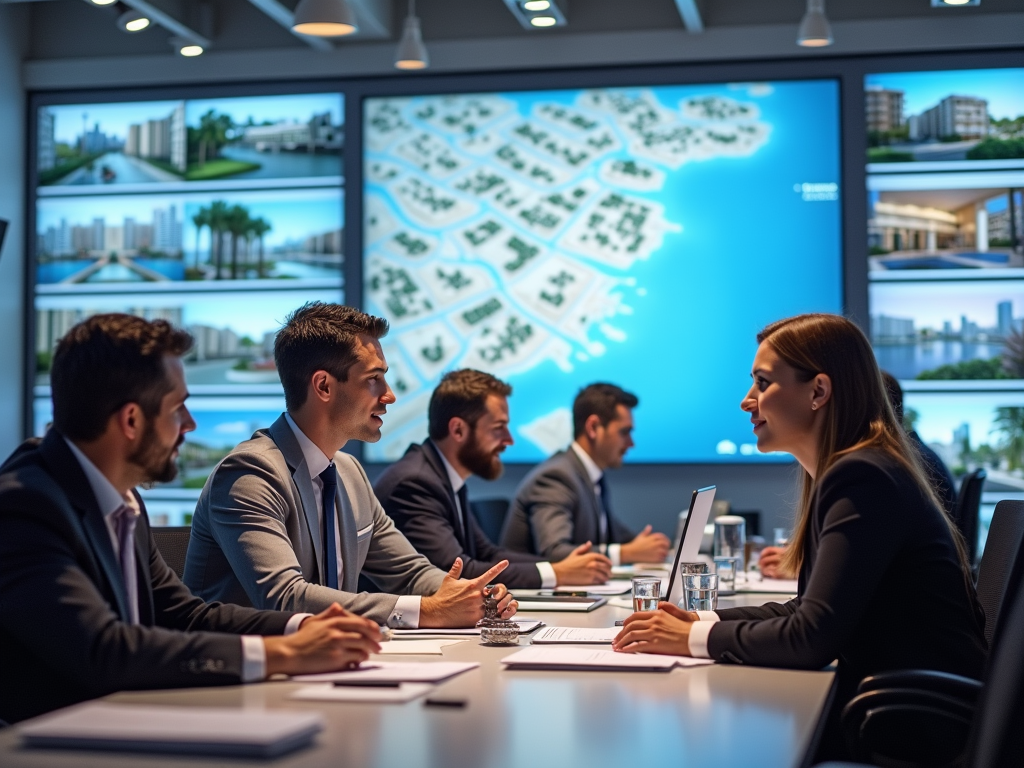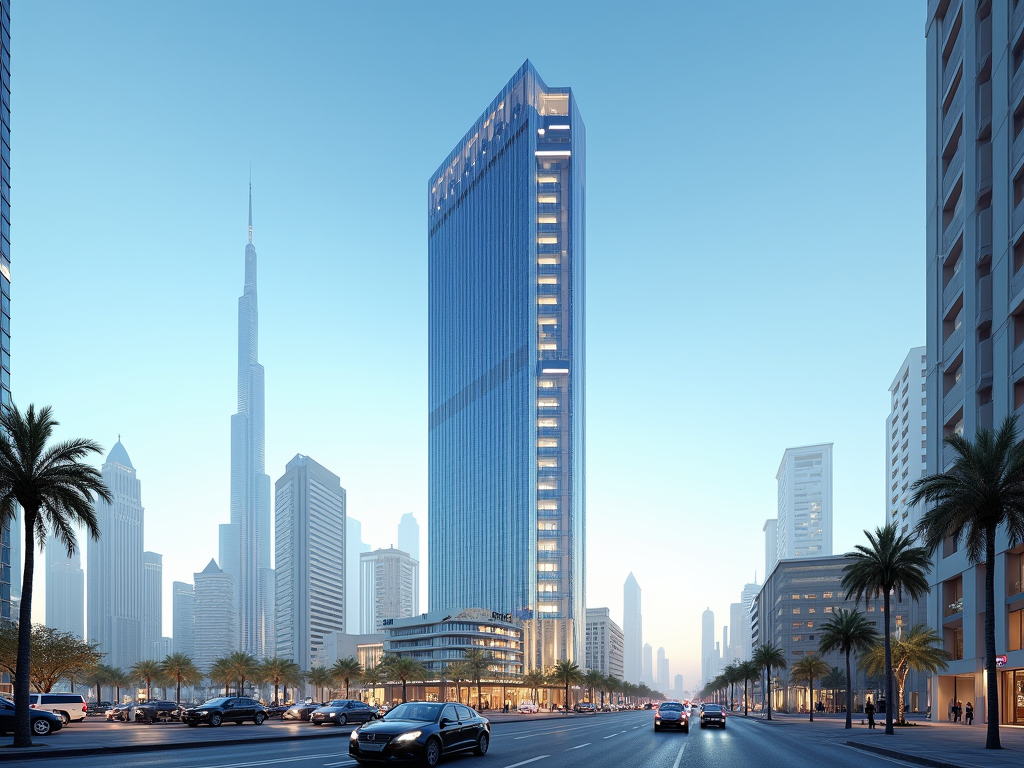Dubai’s commercial real estate market has become a focal point for investors and businesses around the globe. With a thriving economy and progressive policies promoting growth, the future looks promising. Factors such as advancements in technology, shifts in consumer behavior, and a strong influx of foreign investment are shaping the commercial landscape. As the demand increases, the market is expected to evolve, embracing innovation and sustainability. This article dives deep into the potential trends and developments that will characterize Dubai’s commercial real estate in the years to come.
Growth Factors Influencing the Market

Several key growth factors are poised to amplify the commercial real estate market in Dubai. This includes the following:
- Technological Advancements: The rise of proptech is transforming how properties are bought, sold, and managed, enabling features such as virtual reality tours, AI-driven analytics, and smart building technologies.
- Government Initiatives: The UAE government has introduced numerous regulations and incentives, such as 100% foreign ownership laws and long-term visas, effectively attracting international businesses and investors.
- Diverse Economic Landscape: With sectors like tourism, finance, and technology booming, businesses are looking for flexible office spaces and retail opportunities.
- Sustainability Trends: There is a growing emphasis on environmentally sustainable buildings, which aligns with global goals and trends, influencing design and construction practices.
Post-Pandemic Market Recovery

The COVID-19 pandemic had a profound impact on Dubai’s commercial real estate sector, but recovery is well underway. Companies are re-evaluating their spatial needs, leading to a transformation in the demand for office spaces and mixed-use developments. The pandemic accelerated the trends of remote work and hybrid working models, prompting many businesses to reassess their footprints. Consequently, flexible spaces that can adapt to changing requirements are more desirable. Furthermore, health and safety measures have gained significance, making it essential for property developers to create safe environments. The dynamic response to these challenges demonstrates the market’s resilience and adaptability in a post-pandemic world.
Dubai’s commercial real estate market is also witnessing a significant shift due to digital transformation. Businesses are increasingly leveraging technology for efficiency and innovation:
- Smart Buildings: Integrating IoT devices to monitor energy use and improve operational efficiency.
- Data Analytics: Using big data to inform real estate decisions and track market trends.
- Virtual Reality & Augmented Reality: Enhancing property viewings and marketing strategies through immersive technologies.
- Online Platforms: Facilitating transactions and property management through online marketplaces, streamlining processes for buyers and sellers.
Investment Opportunities and Challenges
As the commercial real estate market in Dubai continues to evolve, numerous investment opportunities emerge. The growing demand for logistics and warehousing due to e-commerce expansion opens new avenues. At the same time, premium office spaces in prime locations are highly sought after. However, there are challenges to consider like market saturation in certain sectors and the complexities of navigating the regulatory landscape. Furthermore, sudden market fluctuations driven by geopolitical events or economic downturns can pose risks. Investors must stay informed and agile to capitalize on emerging trends while mitigating potential downsides.
Conclusion
In conclusion, the future of Dubai’s commercial real estate market is bright, marked by growth driven by technology, favorable government policies, and a diverse economy. While challenges exist, the opportunities for innovation, sustainability, and flexibility pave the way for a resilient market. Embracing these changes will be paramount for businesses and investors as they navigate this dynamic landscape. As Dubai continues to position itself as a global business hub, the commercial real estate sector will undoubtedly play a pivotal role in shaping its future.
Frequently Asked Questions
1. What are the main drivers of growth in Dubai’s commercial real estate market?
The main drivers include technological advancements, supportive government initiatives, a diverse economic landscape, and a strong emphasis on sustainability.
2. How has the pandemic affected the commercial real estate market?
The pandemic accelerated remote work trends and prompted businesses to reassess their office space requirements, leading to increased demand for flexible working environments.
3. What investment opportunities exist in the sector?
Opportunities include logistics and warehousing related to e-commerce, as well as premium office spaces and mixed-use developments in prime locations.
4. What challenges should investors be aware of?
Investors need to be cognizant of market saturation, regulatory complexities, and potential market fluctuations caused by external factors.
5. How is technology influencing Dubai’s real estate market?
Technology is driving innovation in property transactions, management, and marketing strategies, paving the way for smarter and more efficient real estate operations.
